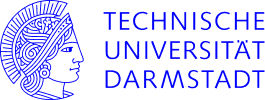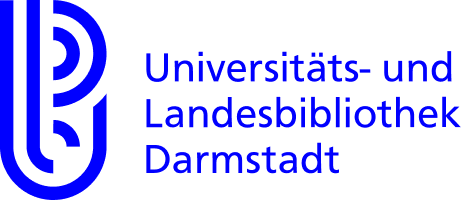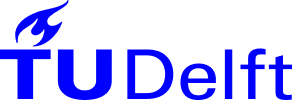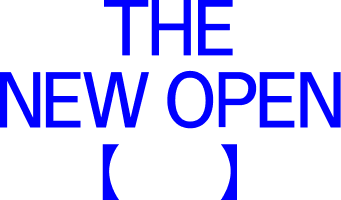SHARED TOOLS, PROCESSES & INFRASTRUCTURE
“Responding to the digitalization of the design world, the session will aim at unfolding the dynamic exchange between design research and the software used for its production. Rather than assuming a linear relationship between the two, it will explore the complex socio-cultural dynamics associated with the development of research software in the design domain, and explore different models of knowledge production and sharing in the context of computational design tools.”
Andrea Rossi
Software tools play a vital role in research, as they are essential for analyzing, processing, and creating data and matter. The sharing of such tools as open-source packages is becoming increasingly necessary to ensure research transparency and reproducibility. However, their value is often overlooked as they are not conventionally recognized as research output, highlighting a need to establish standards for sharing, publishing, and collaborating on open-source tools. Therefore, this session addresses the following questions:
- How can best practices in the development and collaboration for open-source tools within research projects be shared and explored?
- What are the challenges and opportunities in democratizing access to research through open-source software tools, and how can sustainability and funding be addressed?
- What are the ethical considerations surrounding intellectual property, authorship, and ownership in research? How do software-sided modular platforms (f.e. Grasshopper3D) and alternative open platforms (f.e. Blender) contribute to the development and distribution of open-source tools?
Presentations
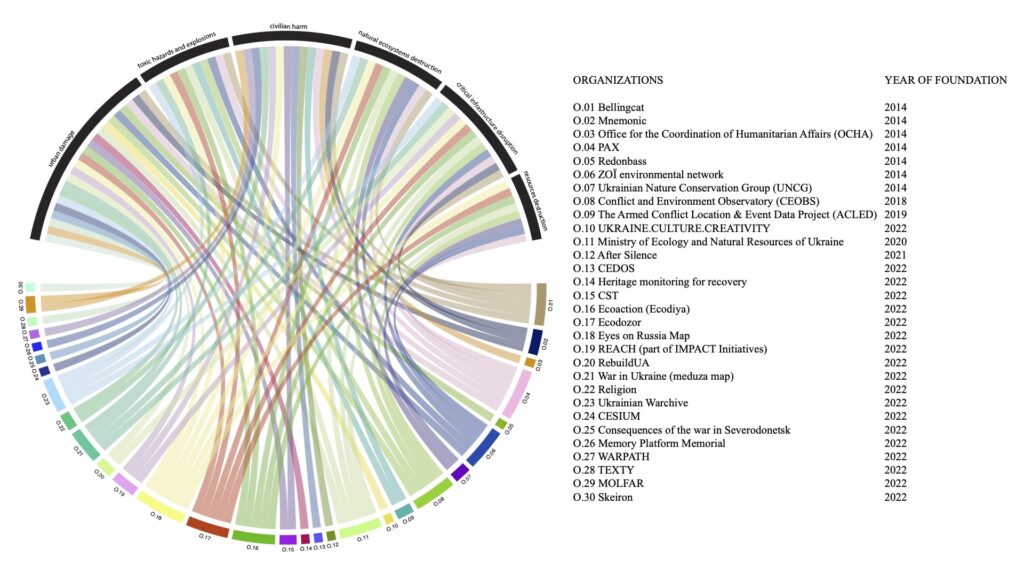
Collective Documentation →
Analyzing Environmental Degradation
Yevheniia Berchul, Katja Knecht, Olaf Mumm, Vanessa Miriam Carlow (TU Braunschweig)
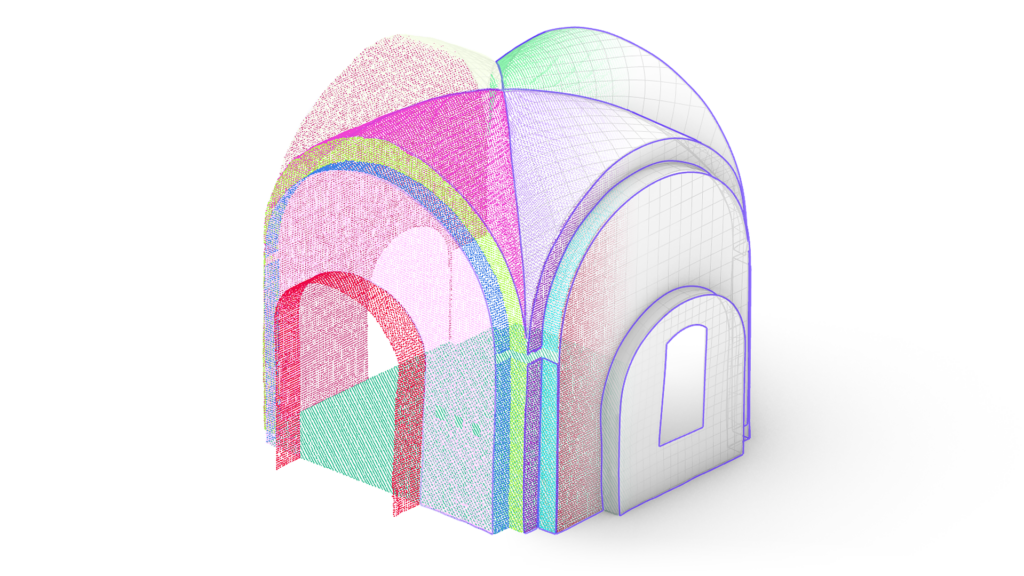
Integrated Process: Advancing Point Cloud Processing and NURBS Modeling →
Advancing Point Cloud Processing and NURBS Modeling
Daria Dordina, Zaqi Fathis, Cyrill Milkau & Daniel Lordick (TU Dresden)
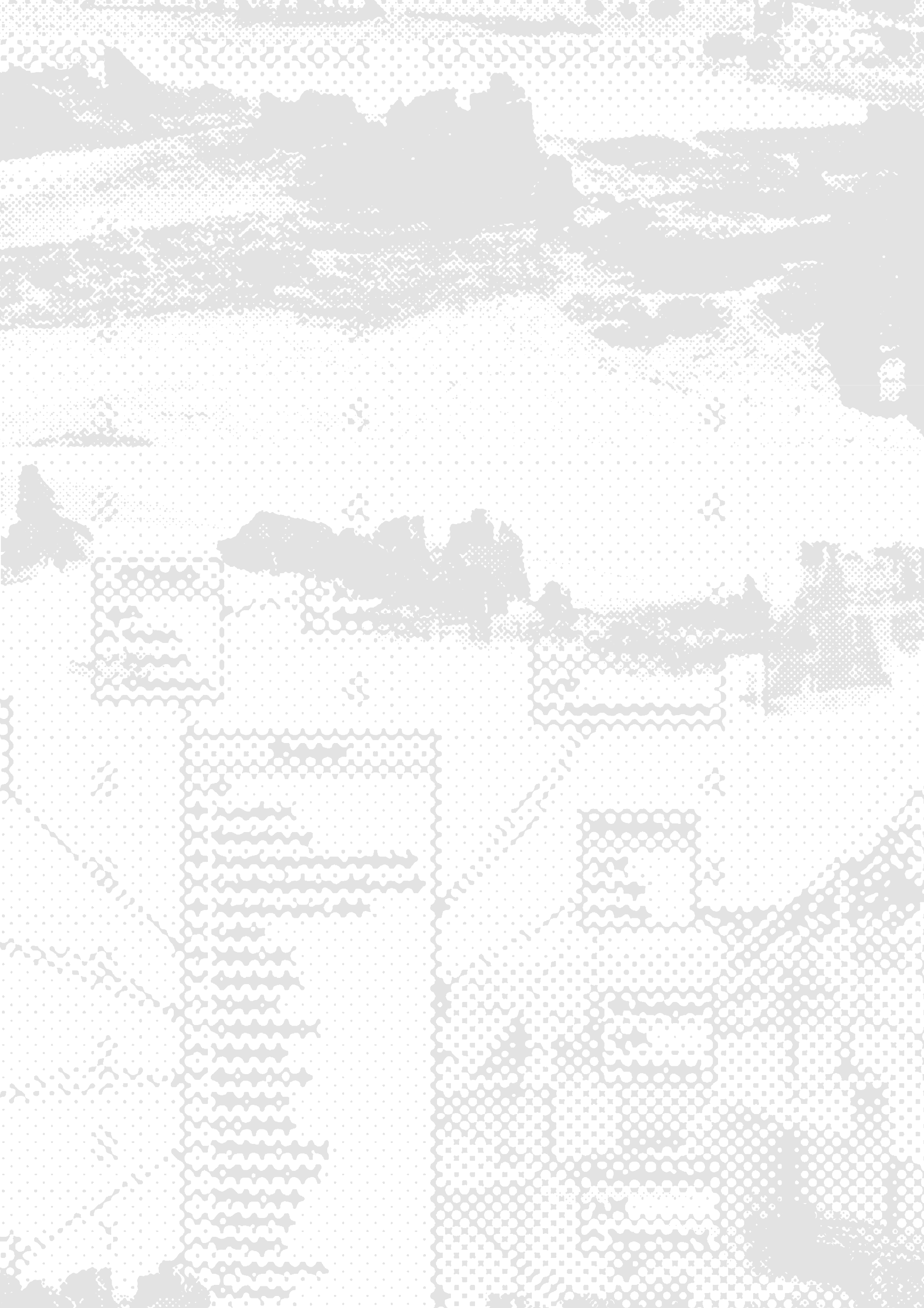
Software environments for computational architecture
the challenges of experiential learning
Nadja Gaudillière-Jami (TU Darmstadt)
Session Hosts
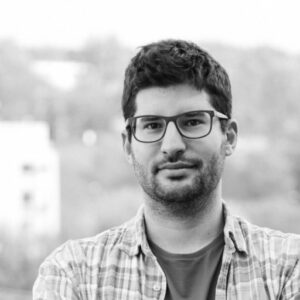
Andrea Rossi
University of Kassel, Experimental and Digital Design and Construction (EDEK)
Andrea Rossi is an architectural researcher and computational designer. He holds a doctorate from TU Darmstadt, and is currently postdoctoral researcher at the University of Kassel. His research focuses on computational design, robotic fabrication and architectural biomaterials. He is the developer of Wasp, an open-source toolkit for combinatorial design.
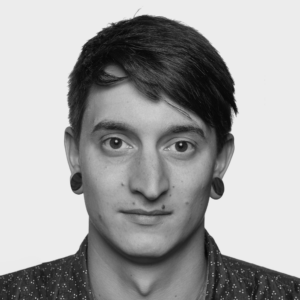
Roger Winkler
TU Darmstadt, ULB Darmstadt, FID BAUdigital
Roger Winkler hold a master degree in architecture and is a researcher, working in-between the fields of data-driven research and research data management in the DFG project FID BAUdigital at the University- and State Library at TU Darmstadt.
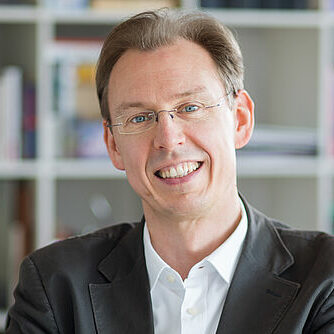
JAN Linxweiler (SPECIAL GUEST)
TU Braunschweig, UB Braunschweig, IT and Research-Related Services
Jan Linxweiler is the head of IT and Research-Related Services at the University Library of Braunschweig. He holds a PhD in Civil Engineering and has a strong background as a researcher at the Institute for Computational Modeling in Civil Engineering at TU Braunschweig and head of the MUSEN Center. He is also involved in NFDI4Ing and is a founding member of the German Association for Research Software Engineering (de-RSE). Most recently Jan became chairman of the board of de-RSE.

